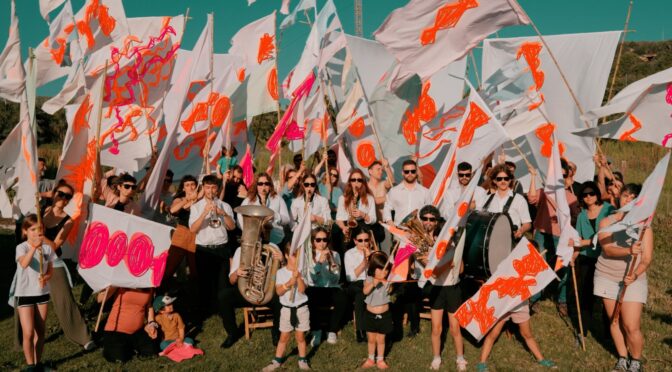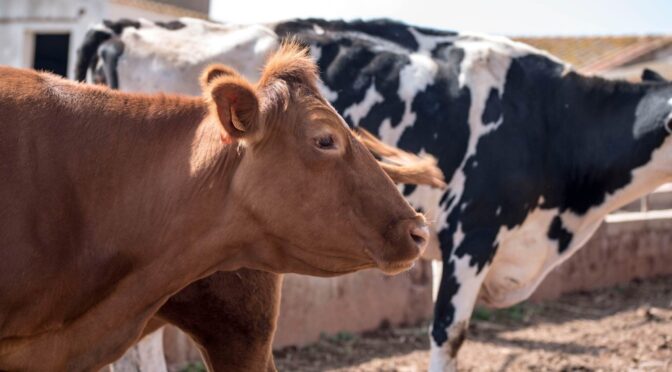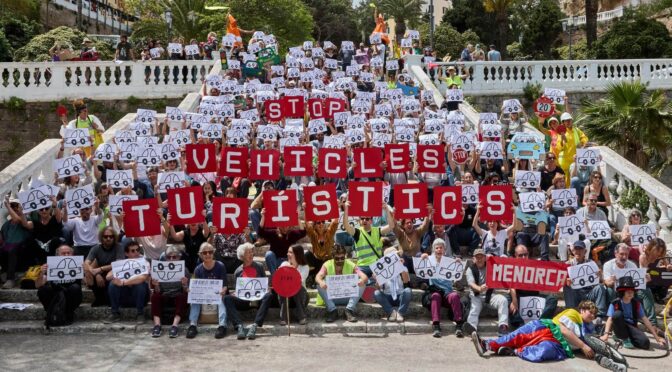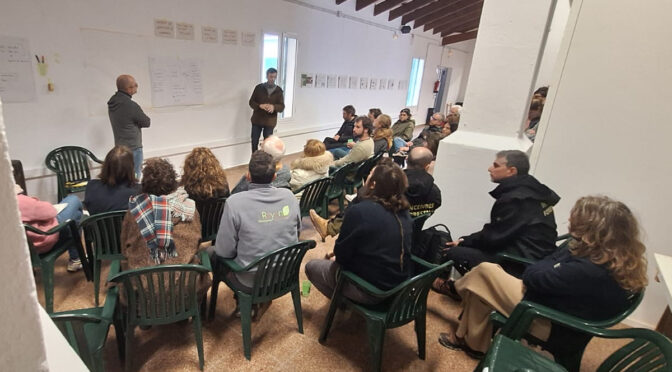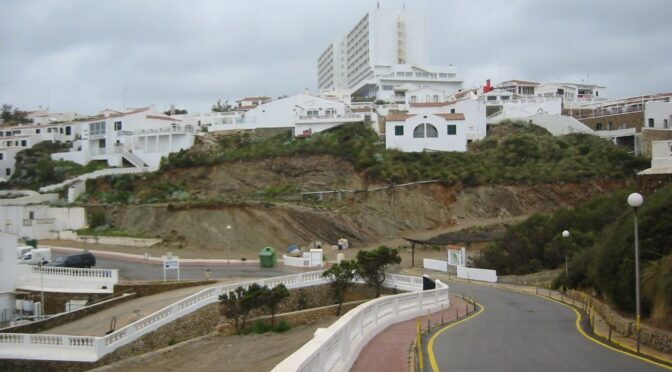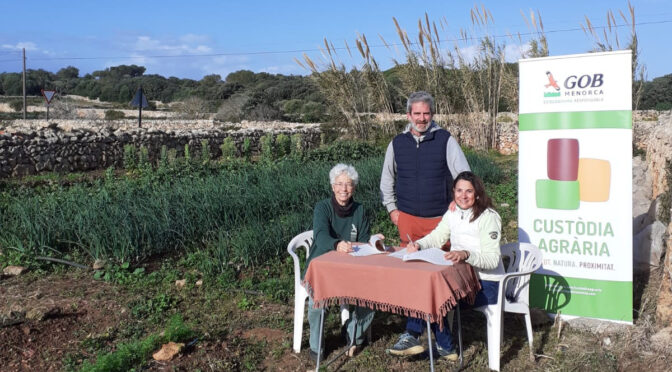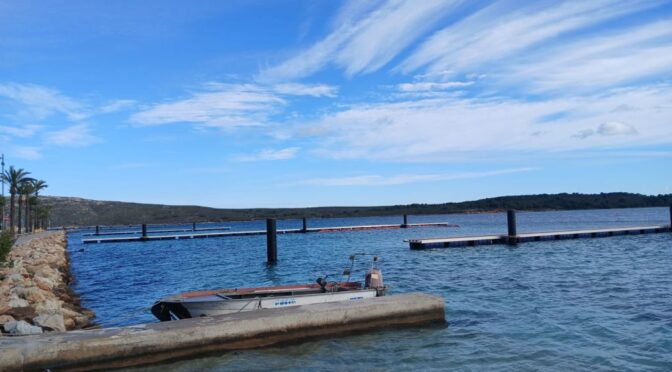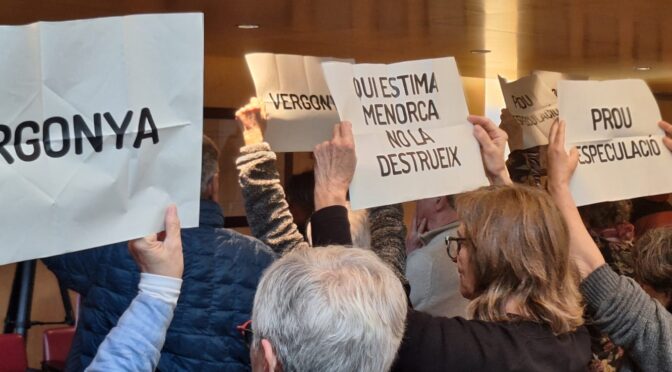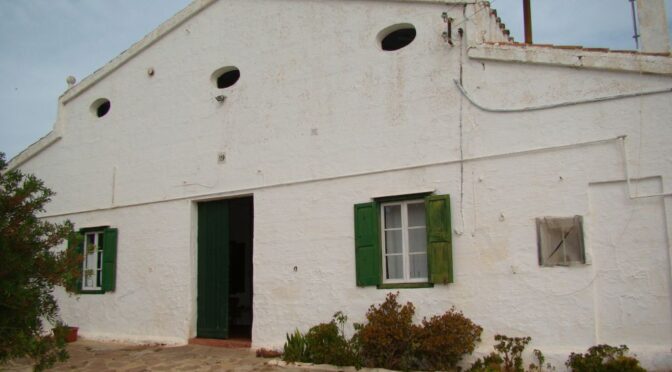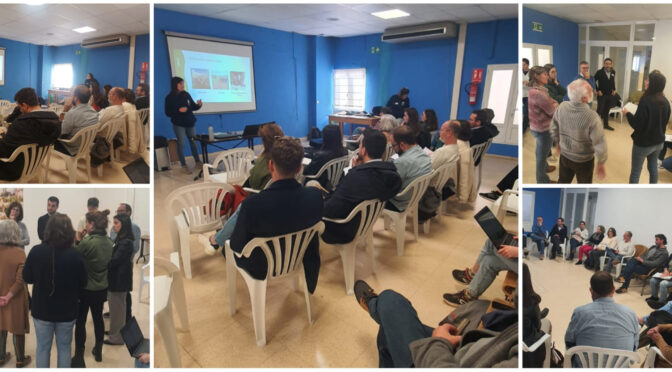Views: 51
Following the release of the song Convindria on July 4th, this protest anthem now takes on a new visual dimension with the presentation of a collective music video. It is a new participatory action within the Via Menorca campaign, promoted by GOB, to highlight the massification and touristification suffered by the island.
Continue reading Via Menorca releases a music video for the song ‘Convindria’

